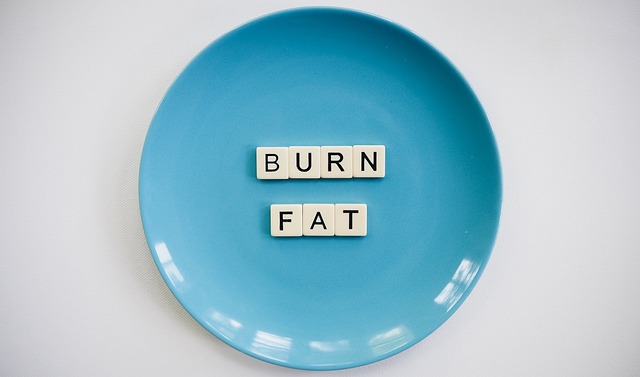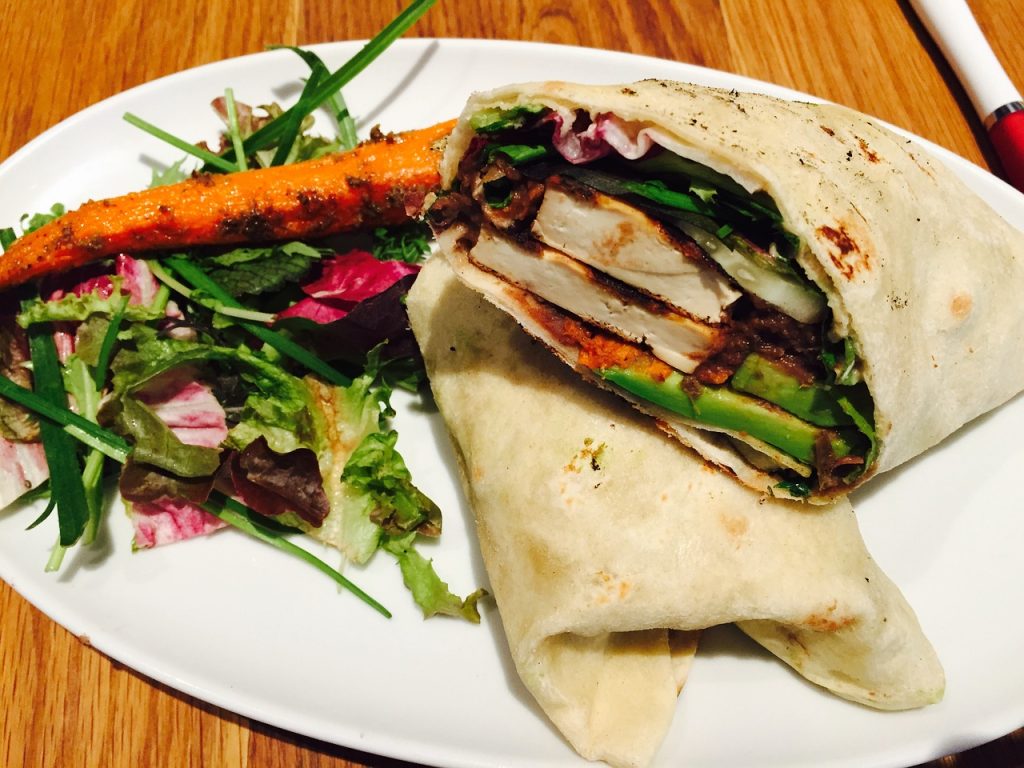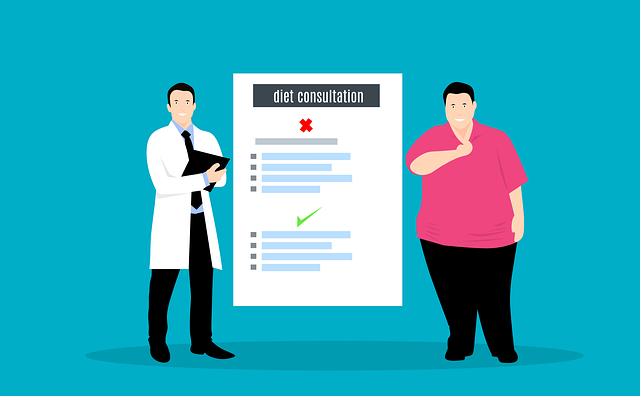Commit to a balanced diet, portion control, and daily exercise. Limit processed foods, stay hydrated, and consult a professional for a safe and achievable weight loss journey in 3 months.
Losing weight can be challenging, but achieving substantial weight loss goals is attainable with the proper mindset, commitment, and a well-thought-out plan.
If you are looking to shed 15kg (33 pounds) in just three months, it will require commitment and adherence to a healthy lifestyle. So, how to lose 15kg in 3 months?
This introduction aims to give you an overview of what it takes to achieve this weight loss goal. But remember, before making big changes to your diet or exercise routine, talking to a healthcare professional is important.
How to Lose 15kg in 3 Months? – A Consecutive Diet Plans

Losing 15kg in 3 months requires dedication, commitment, and a balanced approach that combines a healthy diet, regular exercise, and lifestyle changes.
Remember that gradual weight loss is usually about 0.5kg to 1kg per week. Talk to a healthcare professional before making important changes to your diet or exercise plan.
Here’s a consecutive diet plan on “How to lose 15kg in 3 months” to help you get started:
Month 1: Focus on Healthy Eating Habits
Week 1-2:
Meal Structure: Eat three balanced meals and two small snacks each day.
Hydration: Ensure you drink at least 8 glasses (approximately 2 liters) of water daily.
Breakfast: Opt for a combination of whole grains, lean protein, and fruits, including oatmeal with berries and a boiled egg.
Lunch: Go for a salad with lean protein (chicken, turkey, tofu) and plenty of vegetables.
Dinner: Choose lean protein like fish, lean meat, or legumes, along with steamed vegetables and a small amount of whole grains.
Snacks: Choose fruits, Greek yogurt, nuts, or cut-up veggies.
Week 3-4:
Portion Control: Use smaller plates to manage portion sizes and avoid overeating.
Reduce Processed Foods: Cut down on processed snacks, sugary beverages, and high-calorie treats.
Meal Prep: Prepare healthy meals and snacks in advance to avoid unhealthy choices when hungry.
Month 2: Incorporate Regular Exercise
Week 5-6:
Cardiovascular Exercise: Start with 30 minutes of moderate-intensity cardio (walking, jogging, cycling) most days of the week.
Strength Training: Include bodyweight exercises (push-ups, squats, lunges) to build muscle and boost metabolism.
Week 7-8:
Interval Training: Add interval workouts (alternating between high-intensity bursts and low-intensity recovery) to increase calorie burn.
Flexibility: Incorporate stretching or yoga to improve flexibility and reduce muscle soreness.
Month 3: Fine-Tuning and Consistency
Week 9-10:
Mindful Eating: Be aware of when you’re hungry or full. Eat slowly and enjoy your meals.
Incorporate Fiber: Increase fiber intake with whole grains, fruits, and vegetables to promote fullness.
Week 11-12:
Nutrient Variety: Ensure a well-rounded diet with a variety of nutrient-rich foods.
Stress Management: Practice stress-reduction techniques like meditation or deep breathing to prevent emotional eating.
Final Push: Increase exercise intensity or duration for a few weeks to maximize results.
General Tips to Follow For Losing Weight
Sleep: Strive for 7-9 hours of good sleep every night to help with weight loss and overall health.
Limit Sugars: Minimize added sugars and sugary foods.
Stay Consistent: Stick to your plan, and don’t get discouraged by temporary setbacks.
Professional Guidance: Collaborate with a registered dietitian or fitness expert to develop a customized plan.
Remember, the outcomes of individual results may vary, and the goal is to establish healthy habits that you can maintain even after the initial 3 months. Always prioritize your health and well-being over rapid weight loss.
Which Foods Assist to Gain Quick Weight And Why?

Certain foods can assist in gaining weight quickly due to their high-calorie and nutrient-dense nature. These foods provide a concentrated source of energy and essential nutrients that promote weight gain. Here’s why they are effective:
Nut Butter: Peanut butter, almond butter, and other nut butter are rich in healthy fats, protein, and calories. They are easy to consume in larger amounts, providing a quick calorie boost.
Dried Fruits: Dried foods are calorie-dense and nutrient-rich, making them effective for quick weight gain. They have reduced water content, concentrating calories in smaller portions.
Nuts, seeds, dried fruits, and snacks like trail mix provide ample energy and healthy fats. They are portable and can be eaten as snacks or added to meals. However, moderation is key to ensure nutritional balance and prevent excessive weight gain.
Full-Fat Dairy: Full-fat dairy products are essential for weight gain due to their higher calorie and fat content. They provide concentrated energy, aiding in a calorie surplus necessary for weight increase.
These products also contain higher calories and valuable nutrients like vitamins A, D, and E, along with calcium and protein, supporting overall health during the weight gain process.
Incorporating full-fat dairy mindfully can contribute to balanced and effective weight management.
The full-fat dairies includes,
- Milk,
- Cream,
- Butter,
- Yogurt,
- mozzarella cheese,
- Cheddar, etc.
Avocado: Avocado is considered essential for gaining weight due to its nutrient-rich composition and healthy fats.
Firstly, avocados are a concentrated source of calories, containing around 234 calories in a medium-sized fruit. These calories primarily come from monounsaturated fats, which are heart-healthy fats that provide energy while supporting overall well-being.
Secondly, avocados offer a spectrum of nutrients crucial for weight gain and overall health. They are rich in vitamins like vitamin E, which supports skin health, and vitamin K, important for blood clotting and bone health.
Lastly, avocados enhance weight gain through their ability to boost nutrient absorption. The healthy fats present in avocados can facilitate the absorption of fat-soluble vitamins (A, D, E, K) and other nutrients when consumed with other foods.
Nuts and Seeds: Nuts and seeds are essential for gaining weight due to their dense caloric content, nutrient profile, and healthy fats. Here’s why they play a vital role:
- Caloric Density: Nuts and seeds are calorie-dense foods, packing a significant amount of energy in a small serving.
This is especially beneficial for individuals looking to gain weight, as consuming more calories than the body expends is key to increasing body mass.
- Healthy Fats: Nuts and seeds are rich sources of healthy fats, including monounsaturated and polyunsaturated fats.
These fats provide a concentrated source of energy while supporting heart health and other vital functions.
- Nutrient-Rich: Nuts and seeds offer a wide array of nutrients crucial for both weight gain and overall health.
They contain protein, essential amino acids, dietary fiber, vitamins (such as vitamin E and B vitamins), and minerals (such as magnesium, zinc, and iron).
These nutrients contribute not only to weight gain but also to the proper functioning of bodily systems, including metabolism and immune function.
Whole Grains
- Whole grains like quinoa, brown rice, and whole wheat pasta offer complex carbohydrates and additional calories.
- They provide sustained energy and promote weight gain.
- Including whole grains in the diet helps maintain a balanced approach to weight gain, promoting steady progress and providing a foundation of nutritional support.
Granola and Cereal Bars: These bars often contain a mix of nuts, seeds, dried fruits, and whole grains, making them a convenient and calorie-dense option.
Trail Mix: Combining nuts, seeds, and dried fruits, trail mix is a portable snack that provides a quick energy boost.
Fatty Fish: Fatty fish are beneficial for weight gain as they are rich in healthy fats and high-quality protein.
The omega-3 fatty acids in fish like salmon, mackerel, and trout promote both muscle growth and overall health. They contribute to weight gain while offering numerous health benefits.
Additionally, the calorie content in fatty fish aids in achieving a calorie surplus necessary for weight gain.
However, moderation is important to ensure a balanced diet and prevent excessive consumption of fats.
Protein Shakes
Protein shakes made with protein powder, whole milk, and added ingredients like nut butter or fruits offer a quick and easy way to consume extra calories and protein.
High-Calorie Vegetables: Starchy vegetables like potatoes and sweet potatoes are rich in carbohydrates and calories, aiding in weight gain. Besides, there are multiple sources of high calories vegetables including,
- Avocado,
- Corn,
- Peas,
- Pumpkin,
- Butternut Squash,
- Plantains,
- Beets,
- Carrots.
Cheese and Crackers:
Cheese and crackers can be beneficial for weight gain due to their combination of calories, protein, healthy fats, and carbohydrates. Here’s how they contribute to the goal of gaining weight:
- Caloric Density: Cheese and crackers are calorie-dense foods, meaning they provide a significant amount of energy in a relatively small serving.
This is essential for individuals looking to increase their calorie intake to support weight gain.
- Protein Content: Cheese is a good source of protein, which is crucial for building and repairing tissues, including muscles. Protein also plays a role in increasing satiety and supporting metabolism.
- Healthy Fats: Cheese, especially varieties like cheddar, Swiss, and mozzarella, contains healthy fats, including monounsaturated and polyunsaturated fats.
These fats provide a concentrated source of energy while promoting heart health and aiding in nutrient absorption.
Energy-Dense Snacks: Foods like hummus with whole-grain pita, yogurt with granola, and cheese with whole-grain bread offer a combination of nutrients and calories.
Dark Chocolate: Dark chocolate, in moderation, adds calories and provides antioxidants.
Cooking with Healthy Oils: Using oils like olive oil or coconut oil in cooking increases calorie content while adding flavor.
These foods help you gain weight quickly by providing many calories in relatively small portions. However, it’s important to focus on a balanced diet and avoid excessive consumption of unhealthy foods.
FAQs
1. Is aiming for a 15kg weight loss in 3 months safe?
No, aiming for a 15kg weight loss in 3 months isn’t safe as it’s rapid weight loss. Rapid weight loss can be risky. Aim for a healthier pace of 0.5-1kg per week to avoid health complications.
2. What’s the key to successful weight loss?
Combining a balanced diet, regular exercise, portion control, and consistency is crucial for effective and sustainable weight loss.
3. Can I lose weight with diet alone?
Yes, you can lose weight with diet alone, but incorporating exercise can enhance your results and overall health.
4. How can I control my portion sizes?
To prevent overeating, use smaller plates, eat slowly, and focus on your body’s hunger signals.
5. Are there specific foods I should focus on?
Yes, you should focus on whole foods like lean proteins, fruits, vegetables, and whole grains for balanced nutrition.
6. Should I avoid all carbohydrates?
No, choose complex carbohydrates like whole grains, which provide sustained energy and fiber.
7. How important is hydration?
Staying hydrated aids metabolism and helps control appetite. Aim for at least 8 glasses of water daily.
8. Can I skip meals to lose weight faster?
No, you can’t skip meals to lose weight faster. Skipping meals slows metabolism and can lead to overeating later. Stick to regular, balanced meals and snacks.
9. Is it okay to have cheat meals?
Yes, having occasional cheat meals in moderation is generally okay as long as they don’t negatively impact your overall balanced diet and health goals.
10. What role does exercise play?
Exercise helps burn calories, enhances fitness, and uplifts mood; try combining cardio and strength training.
11. Can I maintain this weight loss long-term?
Maintaining long-term weight loss depends on adopting sustainable lifestyle changes, including healthy eating habits and regular exercise.
Conclusion
Losing weight is crucial for several reasons, such as enhancing general well-being, lowering the chances of chronic illnesses, raising energy levels, and boosting self-assurance.
Now, how can I lose 15kg in 3 months?
Even though it’s risky, you can lose 15kg in 3 months by combining a balanced diet, regular exercise, and lifestyle changes.
And, consulting with a healthcare professional is safe, and sustainable to individual needs and preferences.
Consistency, determination, and patience are key when embarking on a weight loss journey.











